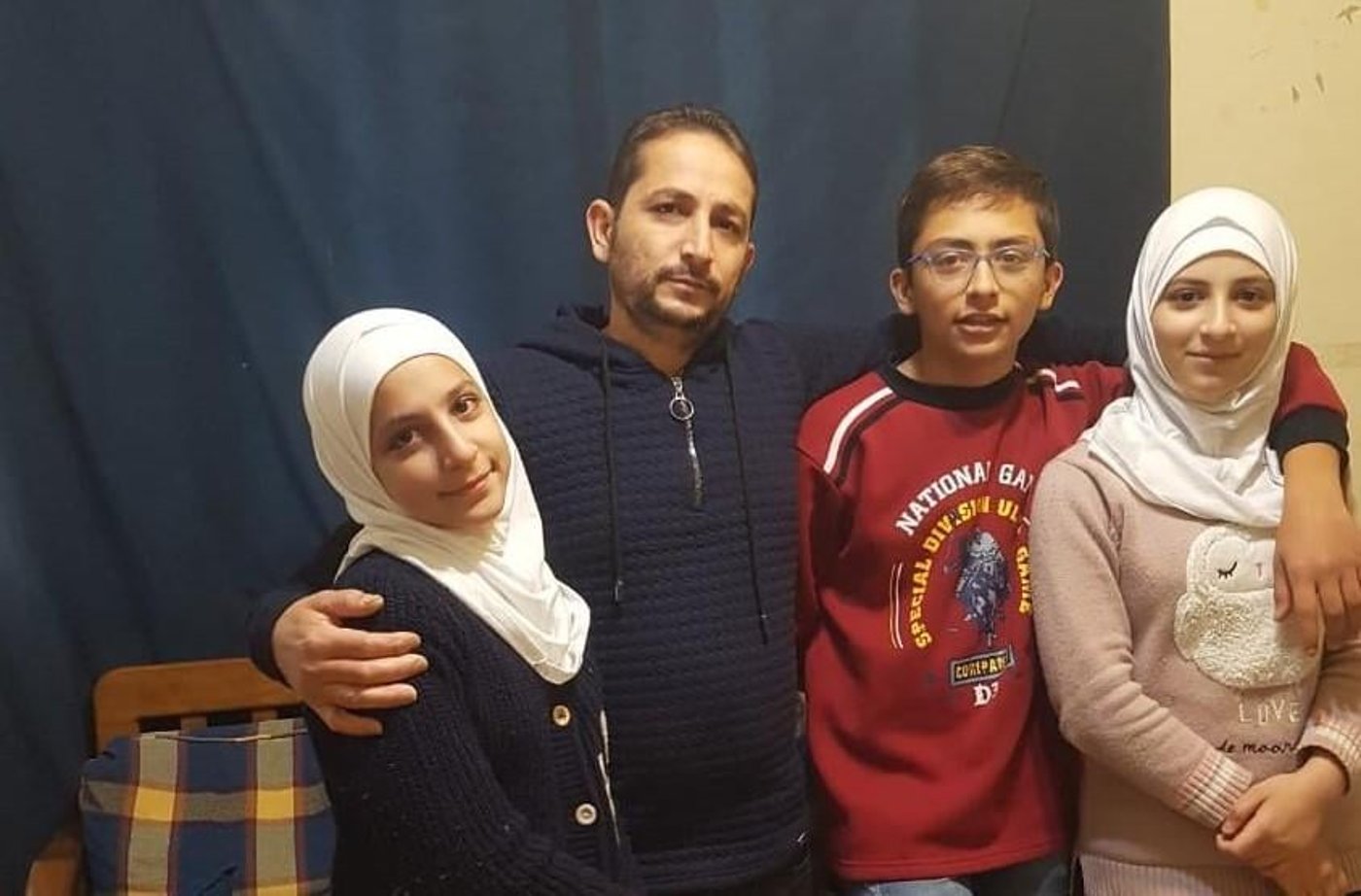Exactly six months ago today, a devastating explosion hit Lebanon’s capital, Beirut, killing over 200 people and injuring more than 6,500. The immediate needs of those affected were met, for the most part. But tens of thousands of families in Beirut continue to struggle to rebuild their lives while the country sinks deeper into poverty.
Last year was disastrous for Lebanon. It began with political unrest and a deteriorating financial situation. In March, the coronavirus outbreak pushed the country to the edge, with lockdown measures restricting people’s ability to earn an income. And finally, on 4 August, large parts of the capital city – including the port, Lebanon’s economic artery – were destroyed by one of the biggest explosions in modern history.
The level of destruction was frighteningAbdul Rahman, 41, a Syrian refugee in Beirut
We spoke to Abdul Rahman, 41, a Syrian refugee and one of hundreds of thousands of Beirut residents affected by the explosion. He was at home with his wife Marwa and their twin daughters when the blast hit. Their first thoughts were of their 14-year-old son who was playing in the yard around the corner.
“At the moment of the explosion I was in panic thinking that my son was injured,” Abdul recalls. “He was playing outside so I ran down barefoot to look for him, as the shattered glass cut my feet. The level of destruction was frightening.”
“Eventually, I found him hiding in one of the damaged buildings. It was such a relief to know he was okay.”
The Norwegian Refugee Council (NRC) works to support refugees and displaced people in over 30 countries around the world, including Lebanon. Support our work today
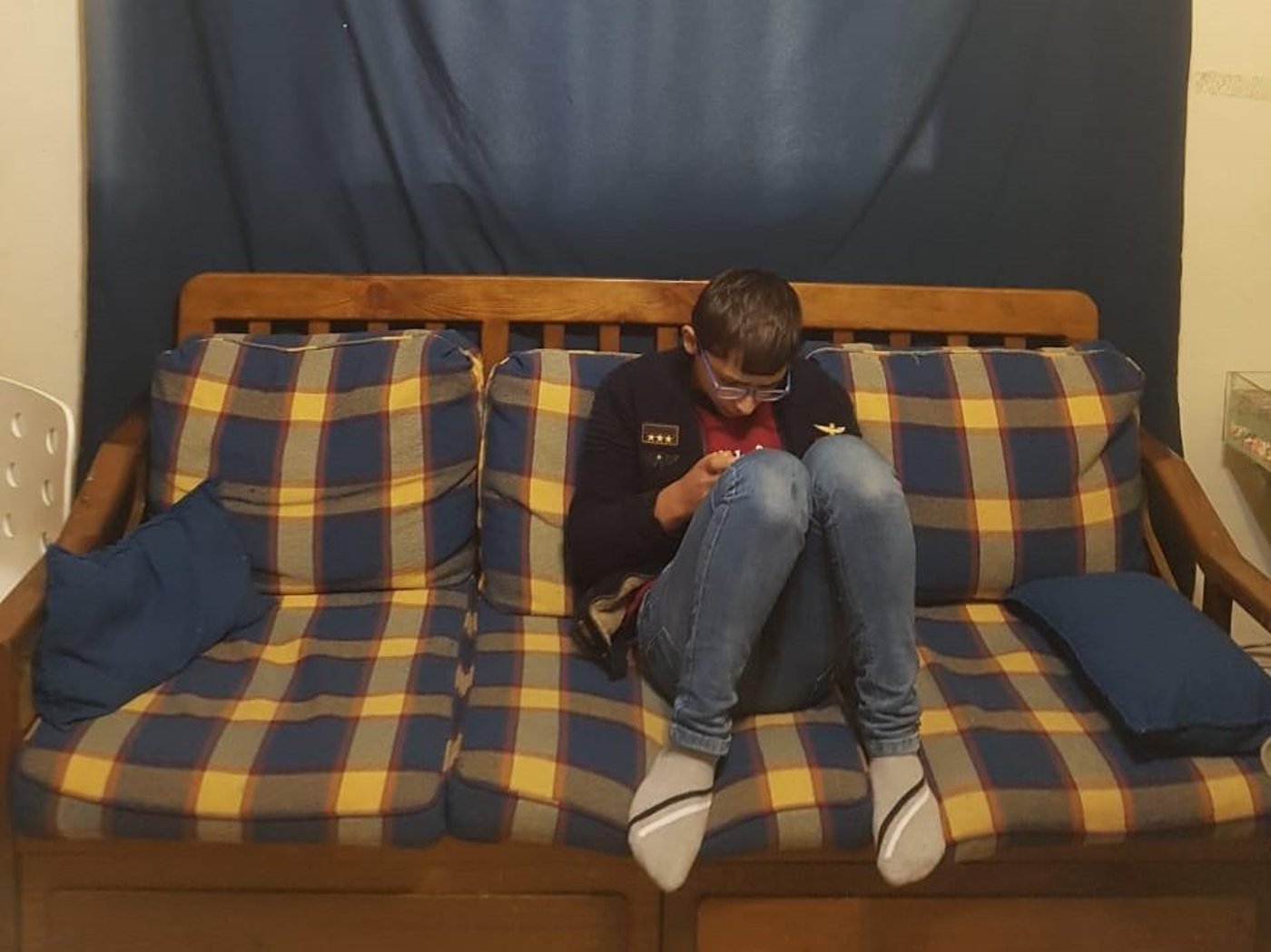
The aftermath of the explosion
All the windows and doors in Abdul’s apartment were destroyed by the blast. The bathroom started leaking and the landlord threatened to evict Abdul and his family.
Abdul described the situation to us:
“The pipes in our bathroom were leaking and causing damage in the neighbour’s apartment, which created a problem for the property owner. He said it was my responsibility to fix the water leakage.
“It would cost USD 1,500, a sum I definitely couldn’t afford. Therefore, the owner told me he would prefer to keep the apartment empty and that I should look for another place. But it was impossible to find an affordable apartment.”
NRC negotiated with the landlord and persuaded him not to evict my familyAbdul Rahman, 41, a Syrian refugee in Beirut
“I started looking for organisations to help me repair our home. I desperately needed support because I didn’t want to be evicted. Then, I came across the Norwegian Refugee Council (NRC), who were working in the area and managed to help me.
“NRC negotiated with the landlord and persuaded him not to evict my family. In return, they undertook to repair the bathroom leakages and outer windows.
“Although it is very damp and we still have windows, doors and walls in need of repair inside the apartment, I consider myself lucky because NRC also covered our rent for the coming six months.
“I don’t know how I would have paid the rent otherwise. Now the little money I earn occasionally can go directly for food. Thanks to NRC we are able to keep a roof over our heads.”
Nine out of ten refugee families live in extreme poverty
The combination of economic crisis, Covid-19 and the Beirut explosion has had a devastating impact, with poverty levels in Lebanon three times higher than in 2019. Syrian refugees have been hit the hardest, with nine out of ten families currently living in extreme poverty, according to the UN Vulnerability Assessment for Syrian Refugees 2020.
Abdul explains: “I haven’t been able to find a job since the explosion, and even before then the opportunities were scarce. My previous employer was forced to close down his business because of the situation and he had to let me go.”
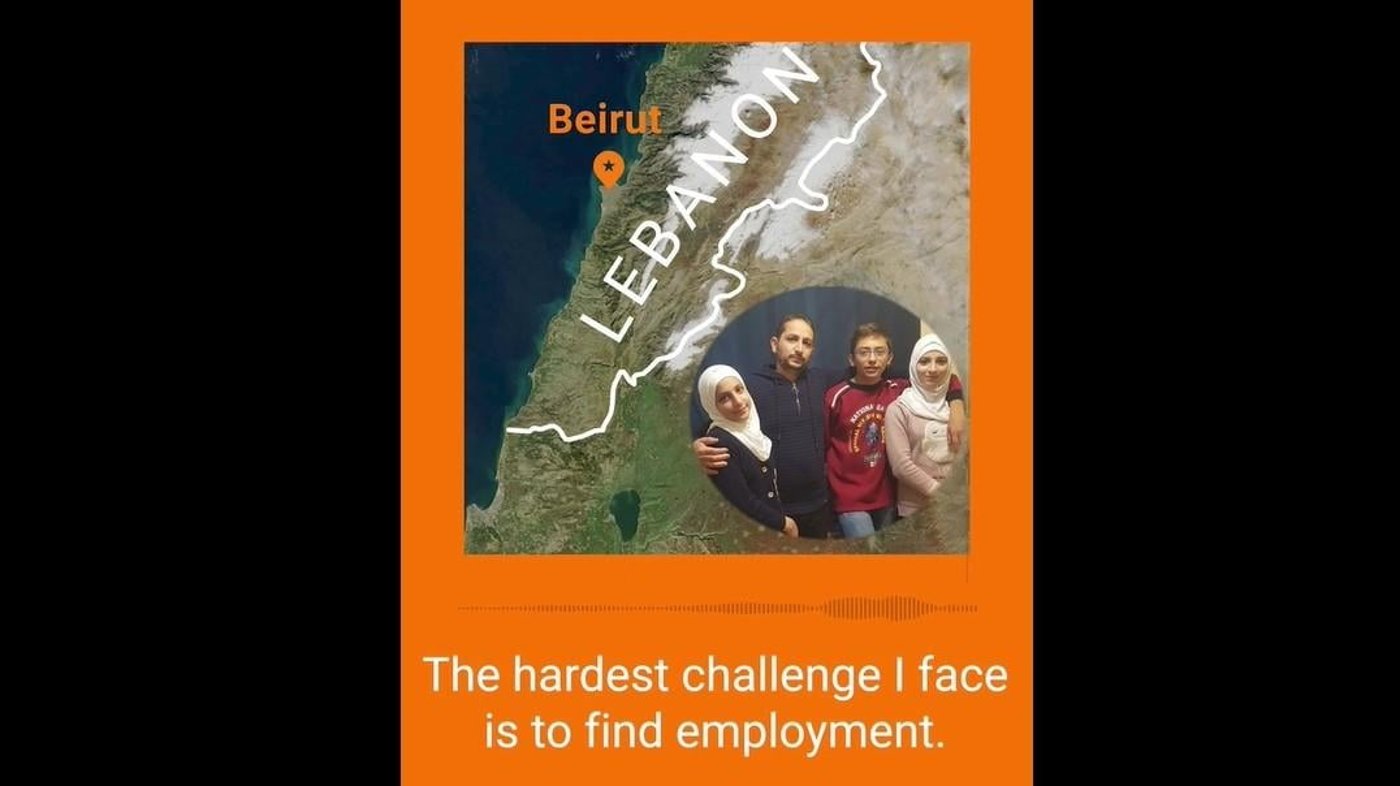
The first month of 2021 has offered little prospect of improvement for Lebanon’s most vulnerable people. With coronavirus cases at an all-time high, the country has imposed a full nationwide lockdown in yet another attempt to curb the spread of the virus. The measures are having a huge impact on people like Abdul and his family, who cannot find work and are struggling to make ends meet.
“The road forward is a constant struggle for everyone in the country,” says Abdul. “If we can’t go out, we can’t find a job and can’t feed our children. It’s wintertime and I can’t buy a pair of shoes or clothes to keep us warm. But what options do we have? We have already tried returning to Syria once.”
A brief return to Syria
One year ago, when the financial situation in Lebanon began to deteriorate, Abdul arranged for his wife and children to go back to Syria in the hope that their lives would be better there. However, they soon realised that they wouldn’t be able to survive in Syria for long.
“Life in Lebanon had become too expensive for us by the end of 2019. With the dollar shortage I thought things would be better for them in Syria, but unfortunately Syria is facing a similar situation to Lebanon,” Abdul explains.
“We decided it was best if they returned to Lebanon because life here is a bit more merciful. But they could only return through an unofficial route, so I had to borrow money to get them across the border. A debt I haven’t been able to pay back yet.”
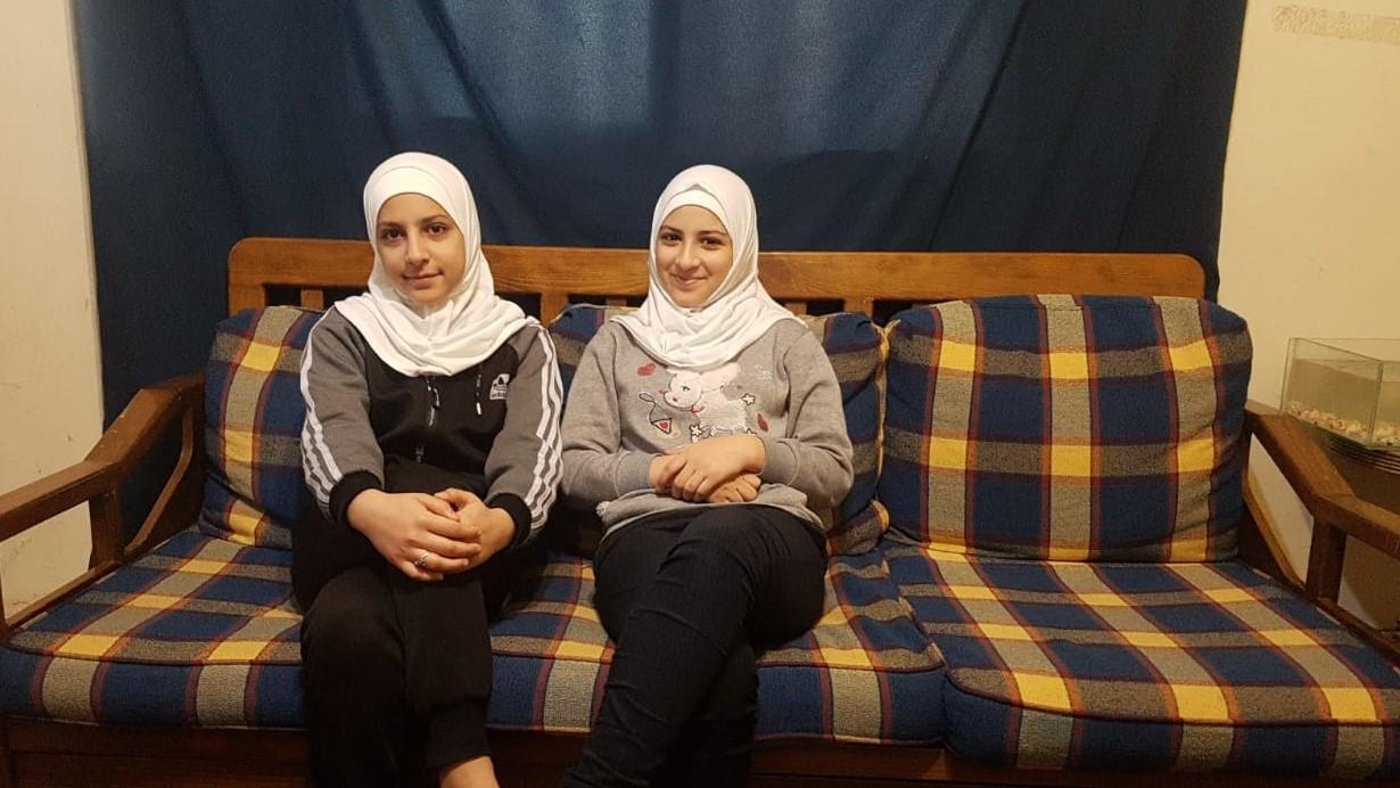
“My children are always afraid”
It has been six months since the explosion but Abdul and Marwa’s children are still experiencing trauma from the event.
“My children are always afraid. Whenever they hear a loud noise they get terrified. If we hear a sound of a helicopter, we are worried,” Marwa explains.
“Even the thunder scares the children a lot. The other day, they woke up to the sound of thunder. During the fireworks on New Year’s Eve, I had to hold them all night, trying to calm them down and assure them nothing was going to happen to them.”
Abdul shares his wife’s concern: “Our children are distressed and aren’t feeling well. They have been out of school for two years and I just managed to enrol them again because they desperately need a change.”
Marwa continues: “All I wish for is that my children can get a proper education. Their greatest need is education.”
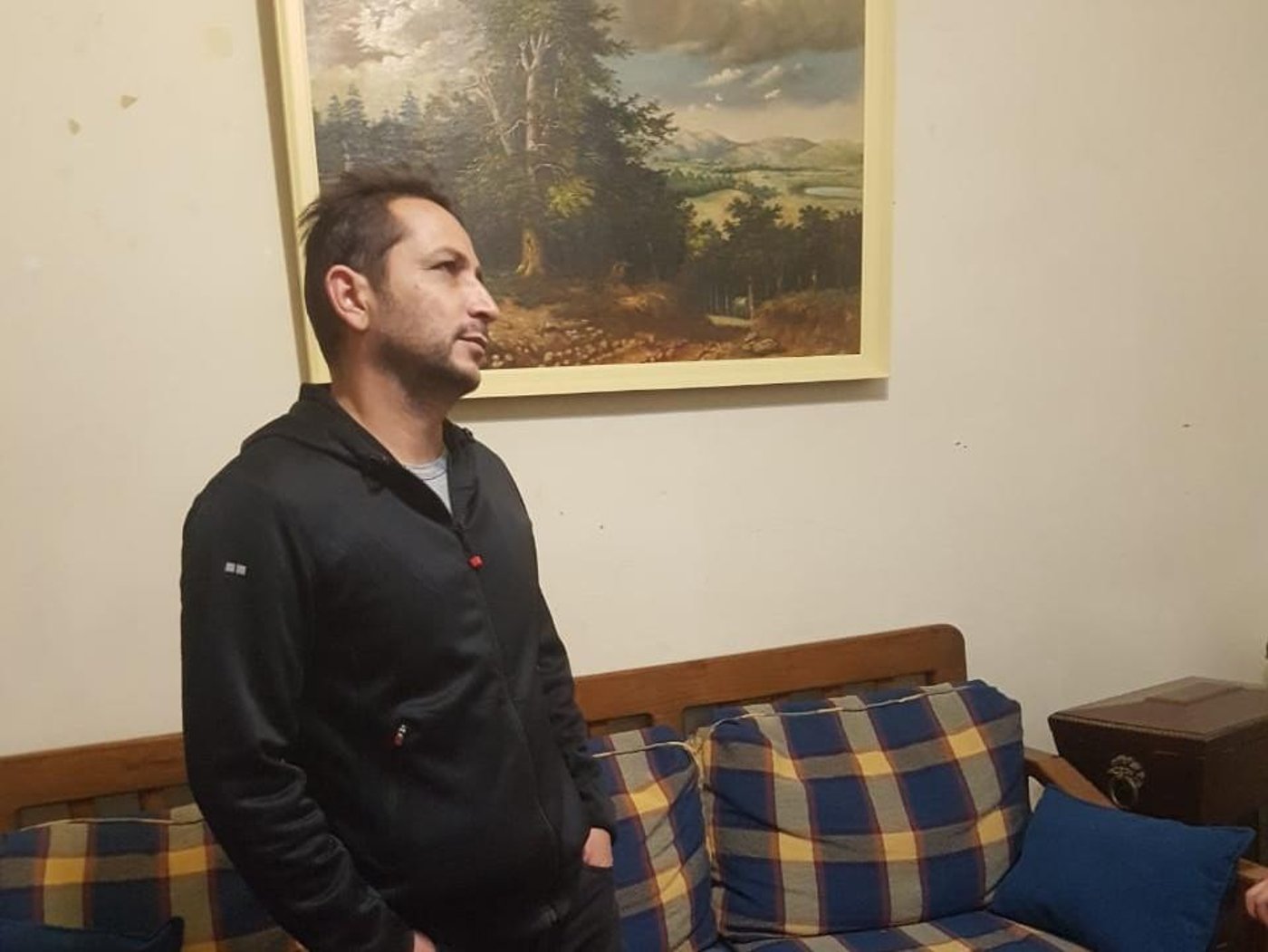
The only way out
Abdul doesn’t believe things will improve any time soon.
“The situation for Syrians is terrible but the Lebanese are also facing harsh conditions,” he says.
“The only way out is to leave Lebanon. This way we will get a chance to live a decent life in the future.”
How we’ve responded to the Beirut explosion
The Norwegian Refugee Council (NRC) set up an emergency response team immediately after the explosion to respond to the urgent needs of those affected.
To date, we have repaired the houses of around 1,600 families and helped around 600 more with rental payments or with a one-off cash transfer to cover their immediate needs.
In addition, approximately 500 children between the ages of 4 and 14 have attended our social-emotional support sessions to help them cope with the trauma they endured after the explosion.
Between August 2020 and March 2021, we aim to support around 15,000 individuals with shelter, water and sanitation, education and legal services.
Our response to the Beirut explosion is made possible thanks to the generous support of people like you who have donated to our fundraiser. We would also like to thank the European Civil Protection and Humanitarian Aid Operations, the Norwegian Ministry of Foreign Affairs, the German Federal Foreign Office, the UK’s Foreign, Commonwealth and Development Office and Agence Française de Développement for their continued support.


